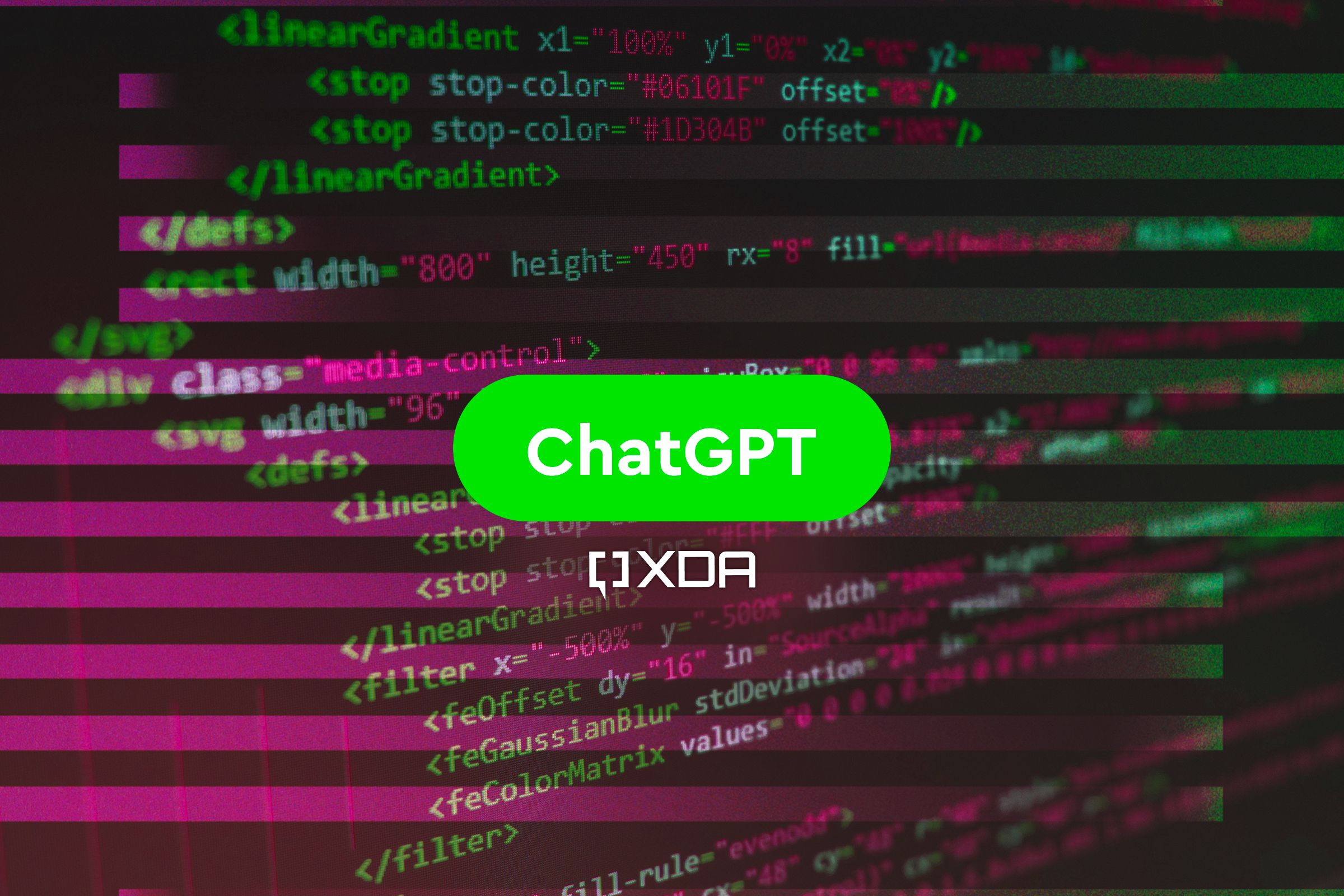Generative AI is all the rage these days, spearheaded by publicly available applications such as ChatGPT, Bing Chat, Google Bard, Midjourney, Stable Diffusion, and more. At its I/O 2023 conference, Google revealed plans to integrate the technology into its office applications, something that Microsoft has been doing for a few months already. Now, a new report claims that ChatGPT's creator, OpenAI, is looking to release a new, open-source AI model soon.
Citing an unnamed source, The Information claims that a new AI model from OpenAI is on the way, with the key highlight being that it's open-source. This would be a significant development considering that GPT-4, the large language model (LLM) powering ChatGPT, is closed-source. What this means is that with GPT-4, the public doesn't have access to the source code or the weights used to train the model, making it extremely difficult to replicate while offering OpenAI a considerable competitive advantage in this space.
However, if the latest rumor is to be believed, OpenAI is changing course and looking to release an alternative to GPT-4, one that is accessible to the public. That said, it is important to understand that this purported model will likely not pose a direct threat to GPT-4, as that would mean reducing the commercial viability of the existing LLM. Currently, OpenAI charges customers $20/month to leverage ChatGPT Plus, which is powered by GPT-4. As such, it's unlikely that the upcoming open-source model will directly compete with GPT-4.
Overall, it's not a huge surprise to hear rumors of OpenAI's open-source model, considering that other players have been making waves in this space already. Meta publicly released its open-source Large Language Model Meta AI (LLaMA) a few months ago. Even the smallest variant of the model is trained on over a trillion tokens, giving researchers and enthusiasts a large playing field to explore the underlying technology and even improve it. It's likely that OpenAI is thinking along the same lines and is willing to offer an open-source LLM to improve its overall tech and provide accessible integrations with other software.

